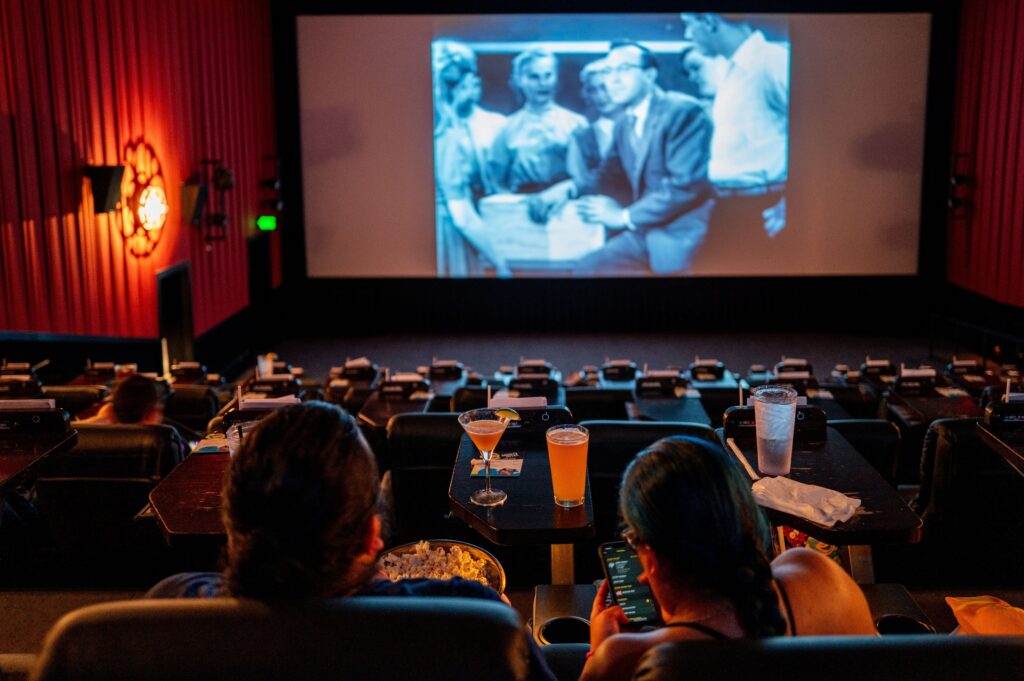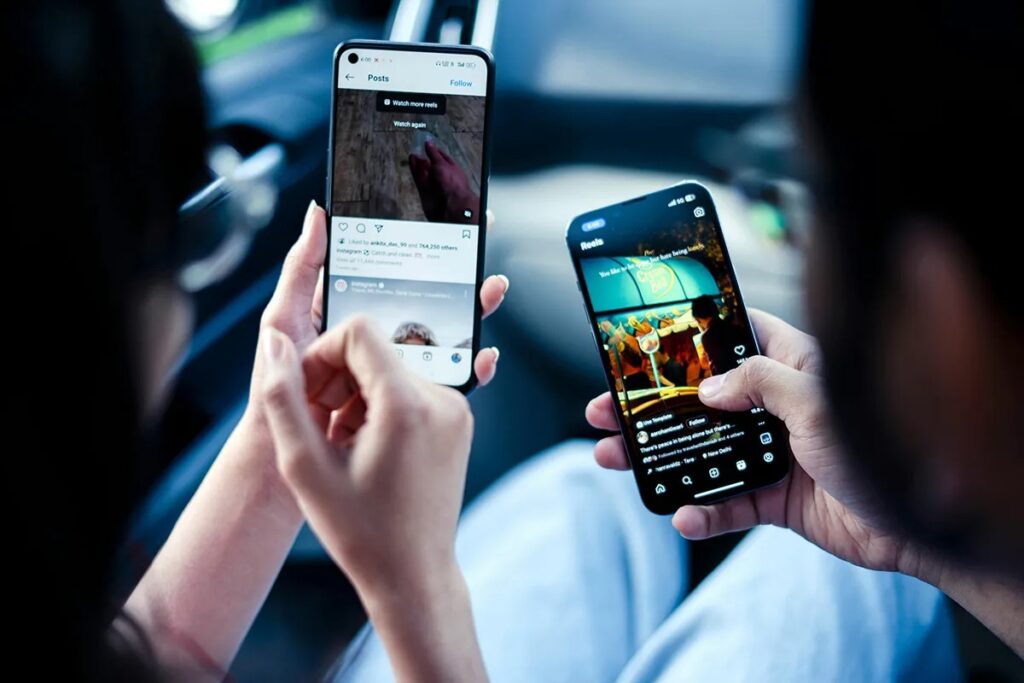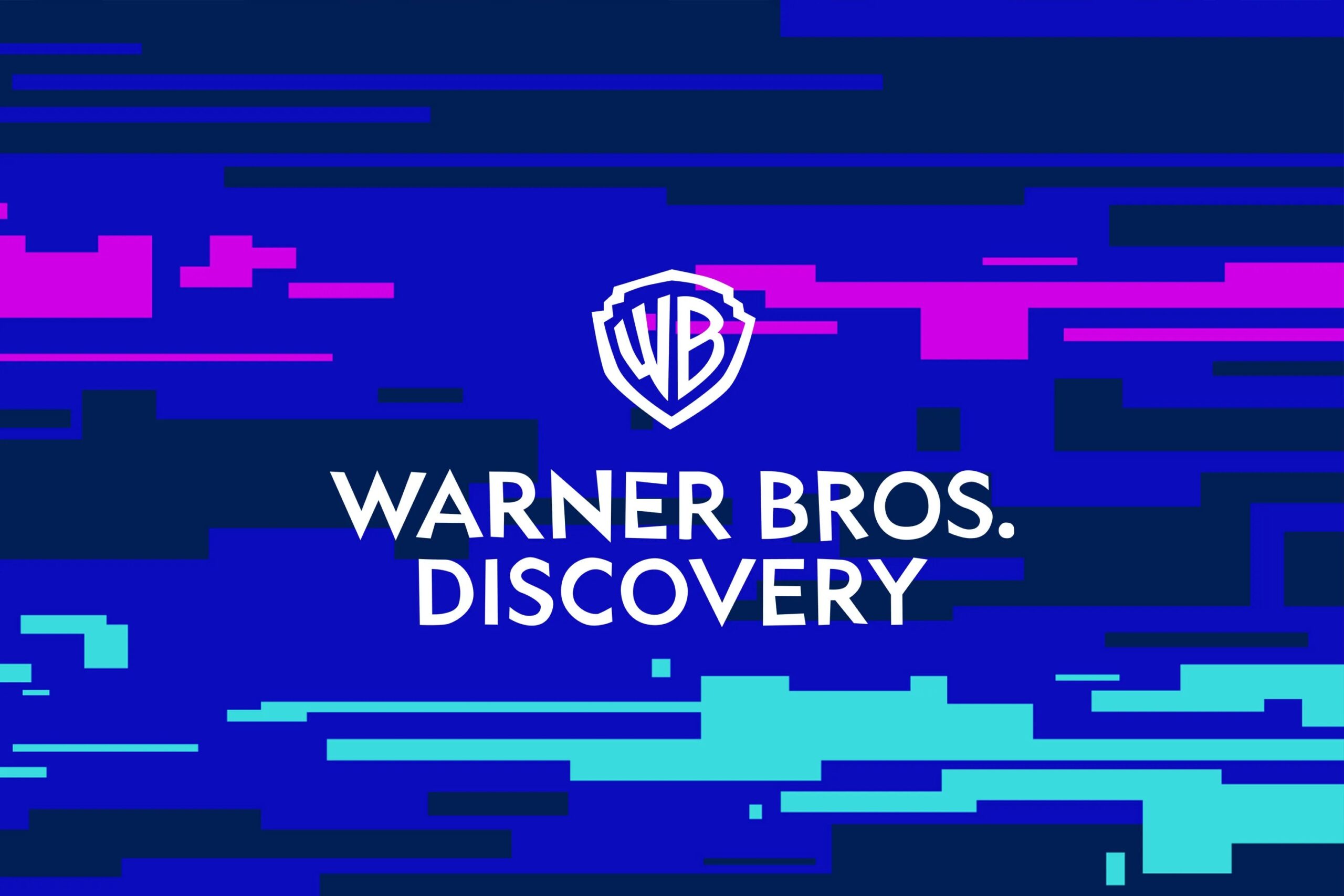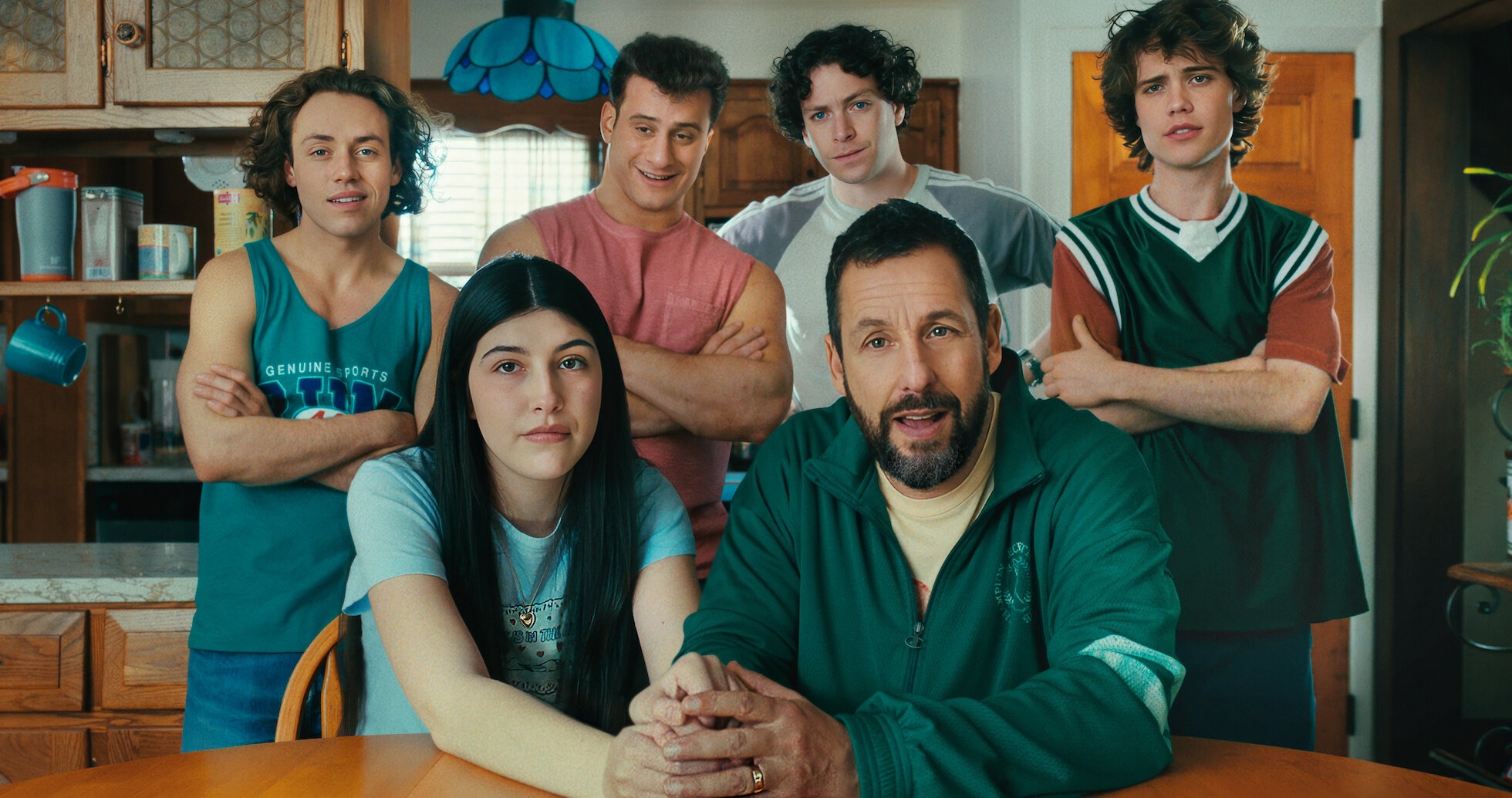The global film and media industry is experiencing seismic shifts as audience fragmentation accelerates and content consumption habits rapidly evolve.

This new landscape, shaped by digital proliferation, streaming platforms, and mobile-first entertainment, is redefining how stories are created and shared.
The Decline of Traditional Moviegoing
Younger viewers overwhelmingly favor streaming services and short-form content such as TikTok and Instagram Reels over traditional cinema experiences.

This move away from theaters threatens the communal ritual of moviegoing; more than half of exhibition executives believe theaters may not survive beyond the next two decades as attendance and box office revenue continue to decline.
The Rise of Personalized and Interactive Content
Today’s audiences expect content tailored to their tastes, driven by AI-powered recommendations and interactive features.

Multiscreen consumption and multitasking habits further fragment attention, challenging the continuous narrative experiences that defined classical cinema.
Challenges for Filmmakers
Filmmakers now face a complex challenge: how to connect with highly fragmented audiences who crave niche, personalized, and interactive stories.
They must experiment with new formats, from vertical video to immersive, choose-your-own-adventure storytelling, without compromising artistic integrity or alienating loyal viewers.
Strategies to Navigate Audience Fragmentation
| Challenge | Strategies |
|---|---|
| Niche, fragmented audiences | Blend genres and hybrid storytelling to attract diverse audience segments. |
| Short attention spans | Create mobile-first, vertical video content optimized for fast, immersive experiences. |
| Demand for interactivity | Incorporate interactive features such as polls, live reactions, or branching storylines. |
| Risk of alienating core fans | Balance innovation with familiar genre elements to maintain loyalty. |
| Protecting creative vision | Use consumer insights and data to guide — but not dictate — creative decisions. |
| Maintaining narrative depth | Leverage evidence-based models to identify and address engagement gaps while preserving story depth. |
Practical Approaches for Filmmakers
- Stay authentic while innovating: Successful films like Moonlight and Parasite show that bold, authentic storytelling can resonate across fragmented audiences.
- Use data as a tool: Analytics and research from neuroscience and psychology can help optimize audience engagement without sacrificing creative goals.
- Foster direct fan communities: Engage audiences through social media and interactive platforms to build loyalty and encourage organic promotion.
- Offer flexible viewing experiences: Create stories that can be enjoyed alone, in groups, in theaters, or on mobile devices, broadening reach and impact.
A New Opportunity for Diverse Storytelling
Audience fragmentation is not only a challenge but also an unprecedented opportunity. With traditional mass audiences dissolving, there is more space for diverse voices, experimental formats, and highly targeted storytelling. By embracing technological shifts, deeply understanding consumption trends, and balancing new formats with timeless storytelling principles, filmmakers can thrive in this era of fragmentation.









